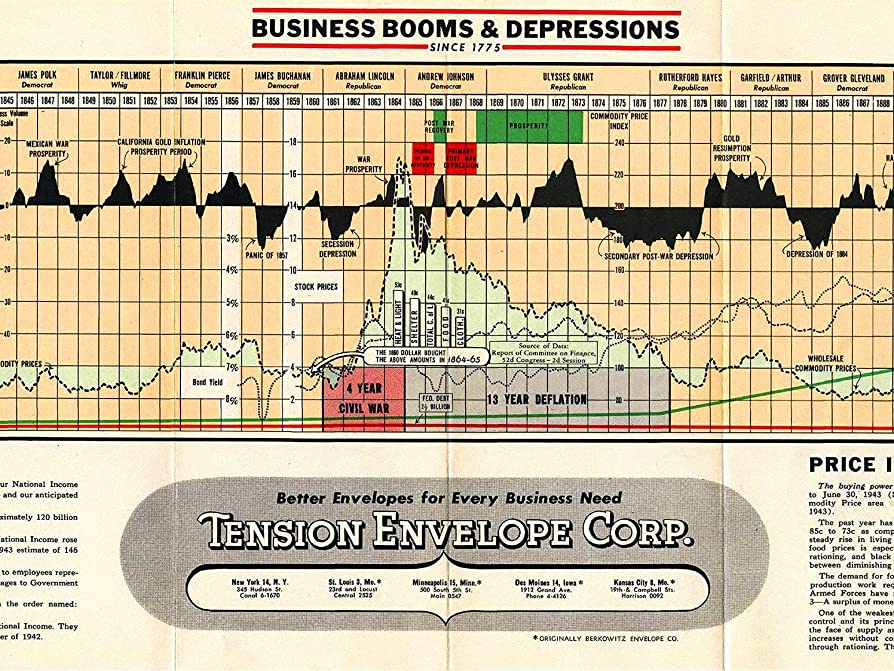Bucking the trend: Marketing’s increased importance in a down economy

By Andrew Tognolini
In just a single week earlier this year, two U.S. banks failed–not exactly the sign of a booming economy. So while not technically official, most economists agree that the U.S. is likely to experience a recession in the not-too-distant future. In fact, one research analyst recently put the likelihood of a global downturn at 98 percent.
Ironically, for those of us in marketing roles, economic downturns can breed opportunity. History has shown that the right marketing strategy combined with brand innovation can often be the difference between success and failure during an uncertain economy.
“Increase Spend or Lose Sales.”
As a headline in Ecommerce Times stated in April, a down economy requires a bit of counterintuitive thinking for those of us in marketing.
Data shows that, 60% of brands that upped their media spend and marketing/advertising budgets during the last recession saw both increased sales and ROI. Why is this?
Well at some point every recession comes to an end. Historically, recessions are short-lived and followed by extended periods of economic growth. Yes, no two recessions are exactly alike, but there is almost always a light at the end of the tunnel. On top of that, each of the most recent recessions was followed by a longer economic boom than the one before it.
“60% of brands that upped their … budgets during the last recession saw both increased sales and ROI.”
– ADAGE
So what is the actual difference for marketingers between success and failure during an economic downturn? It can be boiled down to those who act out of fear to slash, slash, slash, and those who see opportunity in a changing landscape. Even in challenging times, there will be brands that grow by having a superior product or a solid brand identity, and there will always be brands that miss out on the opportunity because they aren’t looking to grow, only to stay afloat.
Companies that not only survive, but develop strategies to thrive when the irrational exuberance of good times fades, differentiate themselves by capitalizing on the opportunities presented to them. Customer and talent pools are even larger during a recession as the majority of companies just try to get through the thick of things, and most customers and talent can be acquired for well below typical cost. (Conversely, for marketing agencies: As companies lay off workers, oftentimes there are fewer free hands to execute advertising plans and agency phones start to ring.)
At the moment it may seem like a wise move to preserve a company’s continuity and resources—there is a cost to everything and many times the price of pulling in the reins is pushing away customers. Food for thought as every company today is understandably watching the economic tea leaves and planning out their path forward.
